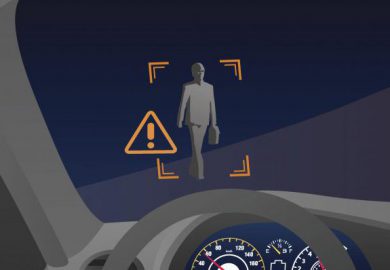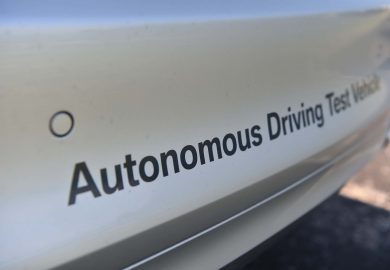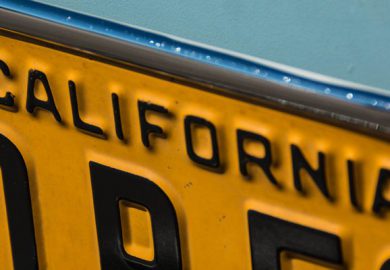Companies from all over the world are racing to have their self-driving cars on public roads. However, these companies have a lot of obstacles to deal with. Everything from developing sensors and software to passing safety regulations and government standards can pose a challenge for developers. Once they get through the initial phase of development, manufacturers must also convince the public that investing in autonomous vehicles is a safe and worthwhile choice. Despite all these challenges, the race to autonomy in 2018 is crowded with developers.
Companies Working on Self-Driving Cars
Many companies working on self-driving cars are doing so in the form of partnerships. For example, Swiss car manufacturer Rinspeed and Samsung’s subsidiary Harman have a concept car that is expected to be on the road by 2025. It is expected to have SAE Level 5 autonomy, which means full automation. In China, the firm Baidu is working to develop an artificial intelligence co-pilot called Apollo. It has paired with Blackberry to make the software.
The Ford Motor Company has partnered with Lyft, Uber, and Volvo for self-driving cars that could work as urban taxis and ride-sharing services. Google is also working with those companies, acting as the partner that will deal with the government regulation side of autonomous car development. In addition, Volvo is working with Uber to develop a ride-sharing service with autonomous cars. In a partnership with Fiat Chrysler Automobiles, the BMW Group, Intel, and Intel-owned Mobileye are working together to create a co-pilot platform for autonomous cars.
Companies Working on Artificial Intelligence for Autonomous Cars
Some companies that are working on the artificial intelligence for autonomous cars are not yet partnered with an automobile manufacturer. This might allow them to form multiple partnerships for the use of their technology. One of these companies is Huawei, which has created software that combines object recognition with artificial intelligence.
Nvidia is another such company. Currently, some 300 different types of cars use Nvidia Drive technology for automated features. The company has already paired with Volkswagen to test its software in self-driving cars. In addition, Apple is working on artificial intelligence that could be used in self-driving cars. However, the company has so far been mum about what it is up to or what its plans are.
International Leadership in Self-Driving Vehicles
Among all of the international companies in the race to autonomy, Baidu stands the furthest apart. Known as the “Google of China,” Baidu is recognized for its artificial intelligence systems. Industry analysts report that Baidu is well ahead of its competition in the areas of object recognition and collision avoidance software features. These features will be key to the safety and adoption of self-driving vehicles on public roads.
Industry analysts also explain that Baidu’s artificial intelligence algorithms, software, and deep learning systems also outperform those of its closest competitors. Baidu has partnered with the King Long Motor Group, which is a government-operated automobile manufacturer in China. The firms may have a vehicle ready for testing by 2019. Baidu is also working with China’s FAW Group and Chery Automobile to use software for autonomous features such as self-parking.
Testing the Autonomous Car Technology
As a leading environment for tech development, California has acted as a leader in advancing the regulations for getting autonomous cars onto American roads for testing and commercialization. The California Department of Motor Vehicles granted permission for fully autonomous cars to take to the roads beginning in April 2018.
The state has also actively set rules about reporting how often human drivers have to “disengage” the artificial intelligence autopilot due to safety concerns. California requires self-driving car manufacturers to report how many miles their test drivers have had to travel while disengaged. So far, Google’s Waymo has driven the most miles without human intervention. It performed about four times better than its closest competitor, the GM Cruise.
Lingering Concerns About the Race to Autonomy
As can be expected with any new technology, there are still a lot of lingering questions about autonomous vehicles. Not all states have stringent reporting requirements about driving miles and safety. If the cars are tested on private roads, that does not have to be reported to state department of motor vehicle regulators.
Furthermore, testing vehicles on a straight interstate is far different from testing them in a dense urban environment. It is also unknown how much safer an autonomous vehicle needs to be compared to a human driver. If the safety levels aren’t high enough, there will likely be pushback from people who work as professional drivers.























